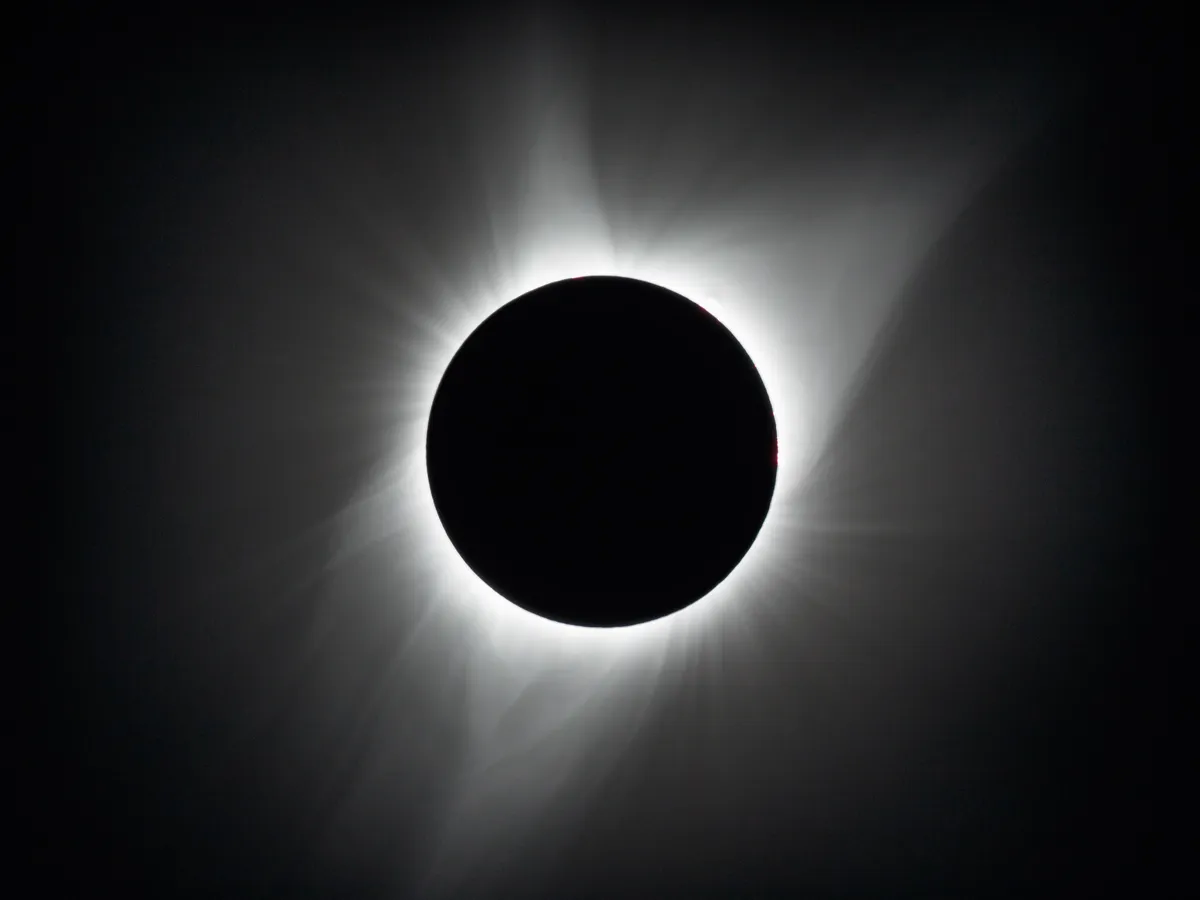
NASA is gearing up for a groundbreaking mission as it plans to launch three rockets directly into the path of the upcoming total solar eclipse scheduled for April 8. This celestial event will cast its shadow over parts of the United States, Canada, and Mexico, captivating millions of spectators.
Stationed in Virginia, NASA scientists are poised to study the impact of sudden sunlight deprivation on Earth’s atmospheric layers during the eclipse. Dr. Aroh Barjatya, a professor at Embry-Riddle Aeronautical University, underscores the importance of understanding the eclipse’s effect on the ionosphere, crucial for global communications and navigation.
Comparing the eclipse’s impact to a disruptive force altering a tranquil pond’s behavior, Dr. Barjatya emphasizes the need for comprehensive research. NASA’s rocket launches will deploy specialized instruments to capture real-time data on ion densities, electron fluxes, and atmospheric dynamics.
Dr. Ellen Morrison, lead researcher at NASA’s Ionospheric Studies Division, highlights the mission’s significance in unraveling atmospheric mysteries. This initiative represents a landmark endeavor in understanding Earth’s atmosphere and its response to celestial events.
As anticipation grows for the eclipse, scientists embark on a voyage of discovery driven by curiosity and scientific inquiry. Through specialized instruments and rocket launches, NASA aims to unlock the enigmatic workings of Earth’s atmosphere during transient darkness caused by the eclipse.
This pioneering approach underscores the collaborative endeavor between scientists and space agencies to explore the mysteries of the universe. NASA’s mission promises to deepen our understanding of Earth’s atmosphere and its interactions with the cosmos as humanity prepares to witness the celestial spectacle.
Also, see:
WhatsApp to Introduce Multiple User Profiles Feature